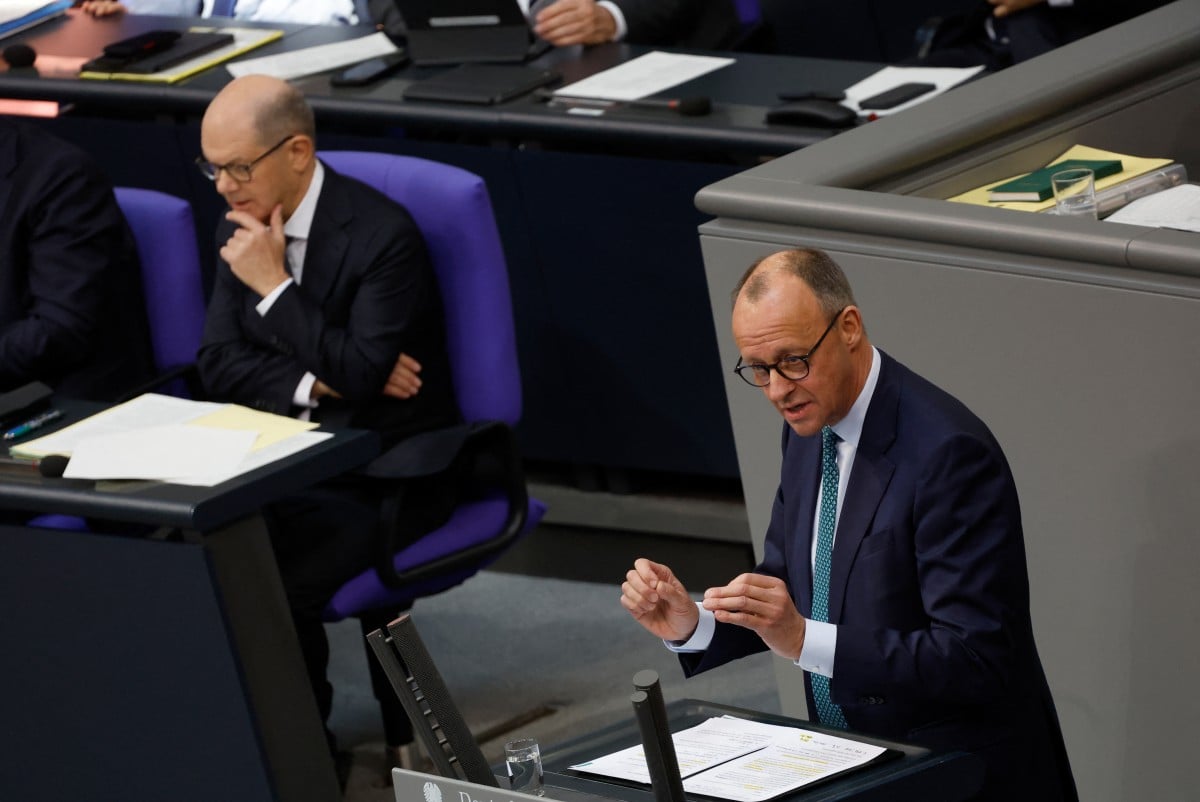Lawmakers from the outgoing Bundestag will meet to discuss the spending boost on March 13th, the spokeswoman said.
A second sitting was scheduled for March 18th for MPs to give their sign off to the proposed measures to ease spending restrictions.
The likely next chancellor Friedrich Merz said Tuesday he planned to reform the country's strict constitutional "debt brake" to pump up defence spending and pursue massive infrastructure investments.
The announcement came just over a week after national elections and with talks under way between Merz's conservative CDU/CSU bloc and the centre-left Social Democrats to forge a new governing alliance.
READ ALSO: Germany's new debt deal and what it means for residents
Before coming to an agreement on a coalition, the two sides agreed to try to ram through the changes needed for the spending boost.

Trump's direct overtures to Russian President Vladimir Putin prompted concerns European interests would be ignored in a deal to end the fighting in Ukraine, which started with Moscow's full-scale invasion three years ago.
READ ALSO: Germany set for massive rearmament as divide with US widens
The proposed reform would see Germany's constitutional limits on taking on new debt eased in the area of defence and establish a €500 billion fund to upgrade Germany's creaking infrastructure.
This would also aim to help drag the country out of two straight years of recession.
Although national legislative elections took place on February 23rd, the new parliament has yet to be called and the outgoing legislature is still capable of making decisions.
Merz and the Social Democrats are keen to push the changes through the current parliament, where they feel confident they can reach the two-thirds majority needed to pass the constitutional change.
The prospective coalition partners would have enough votes to reform the debt brake in the outgoing parliament with the help of the Greens, who have signalled support.
The same is not true in the incoming legislature, where the far-right Alternative for Germany and the far-left Die Linke, who have reservations about increasing defence spending, can block any constitutional changes.
Under Germany's constitution, the newly elected legislature must sit within 30 days of the election, leaving Merz until March 25th to pass the changes.

Comments